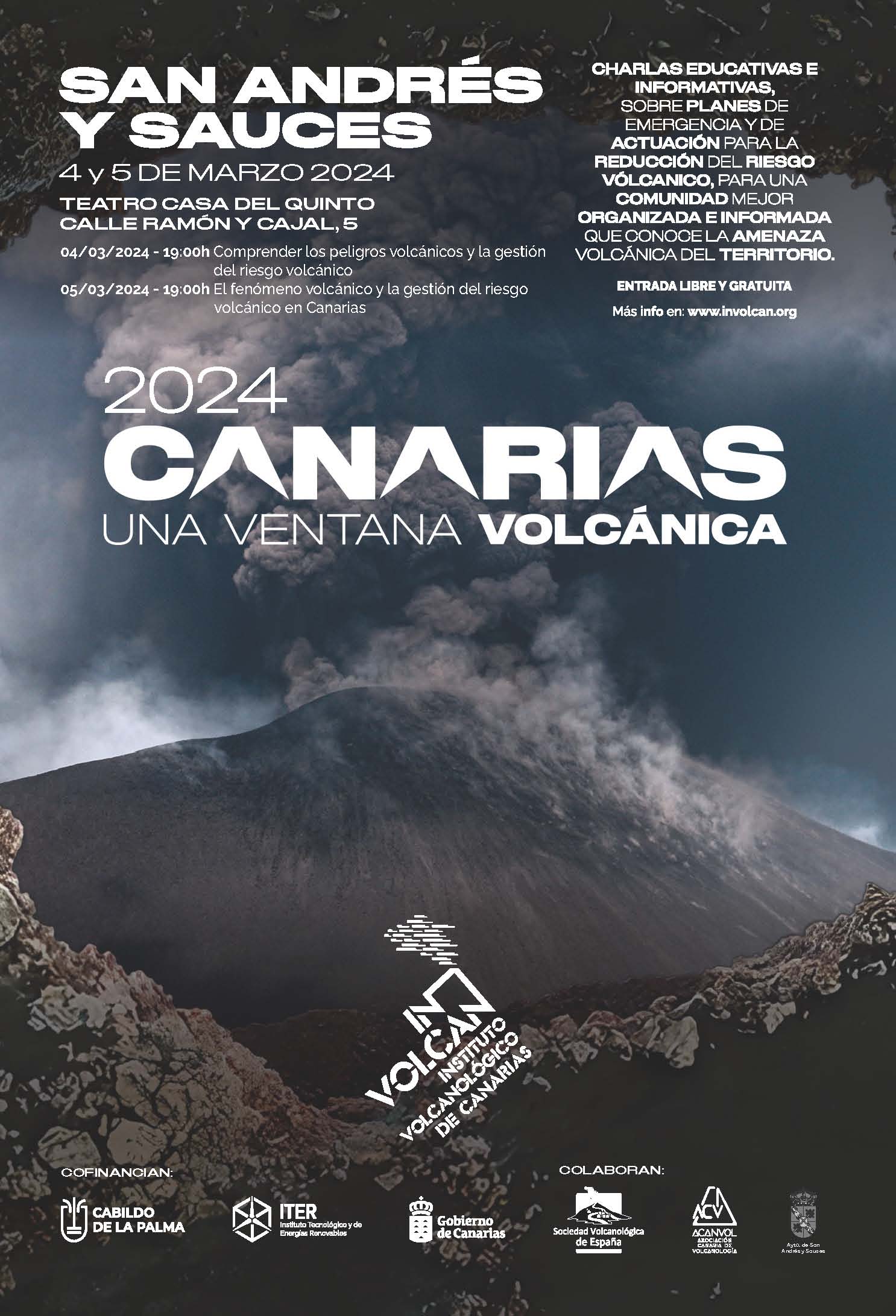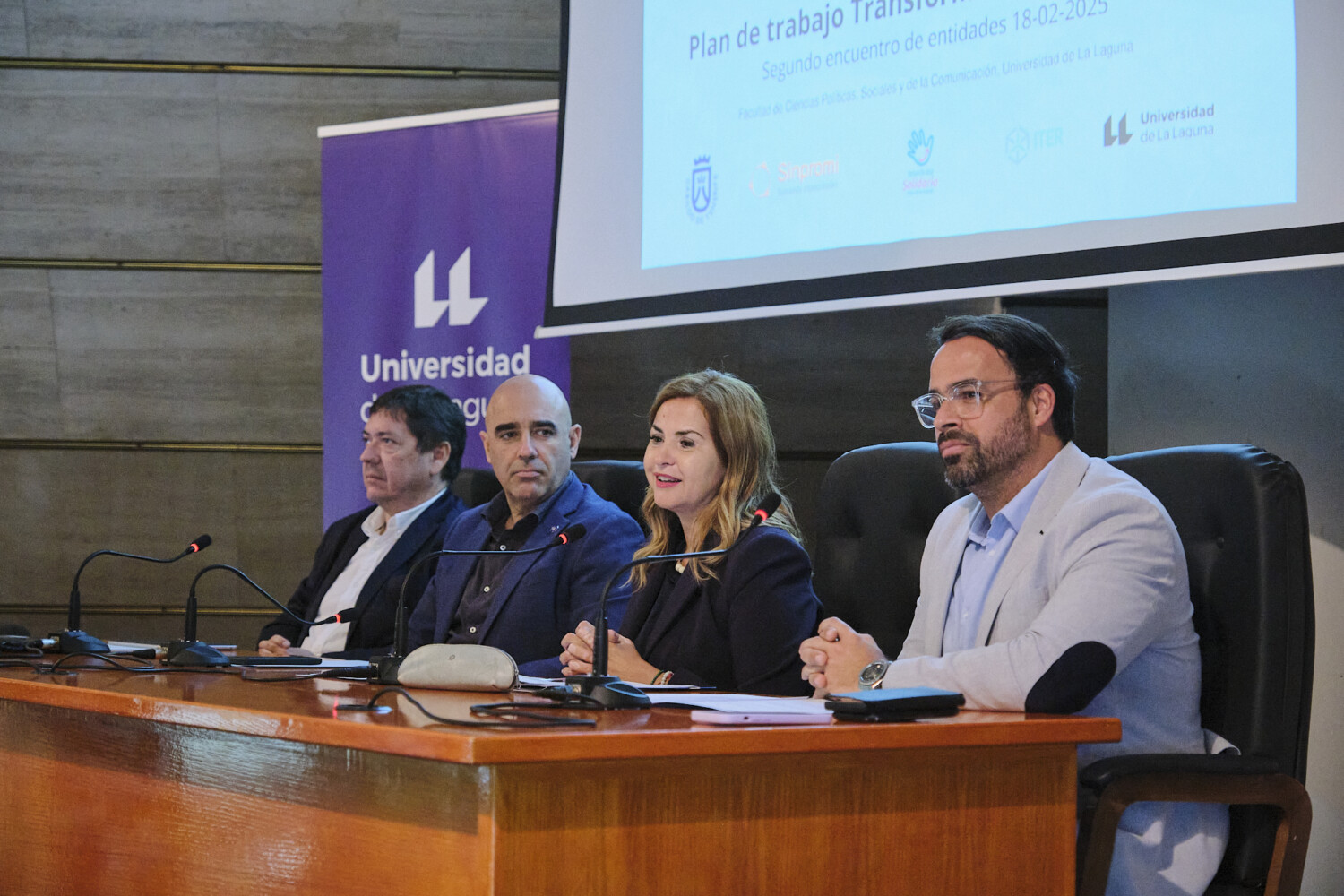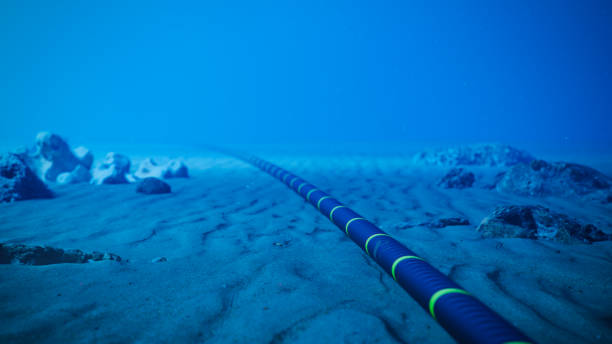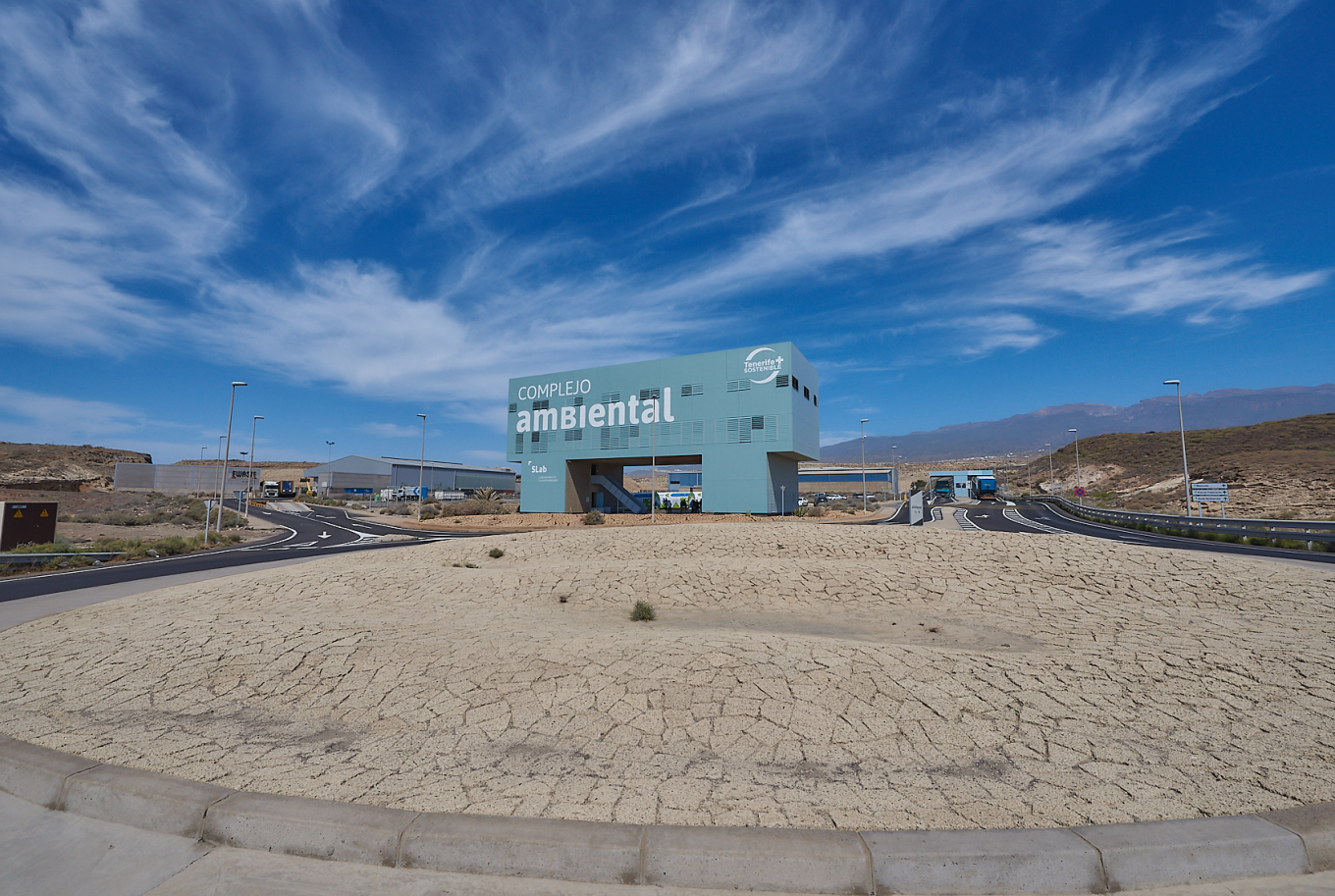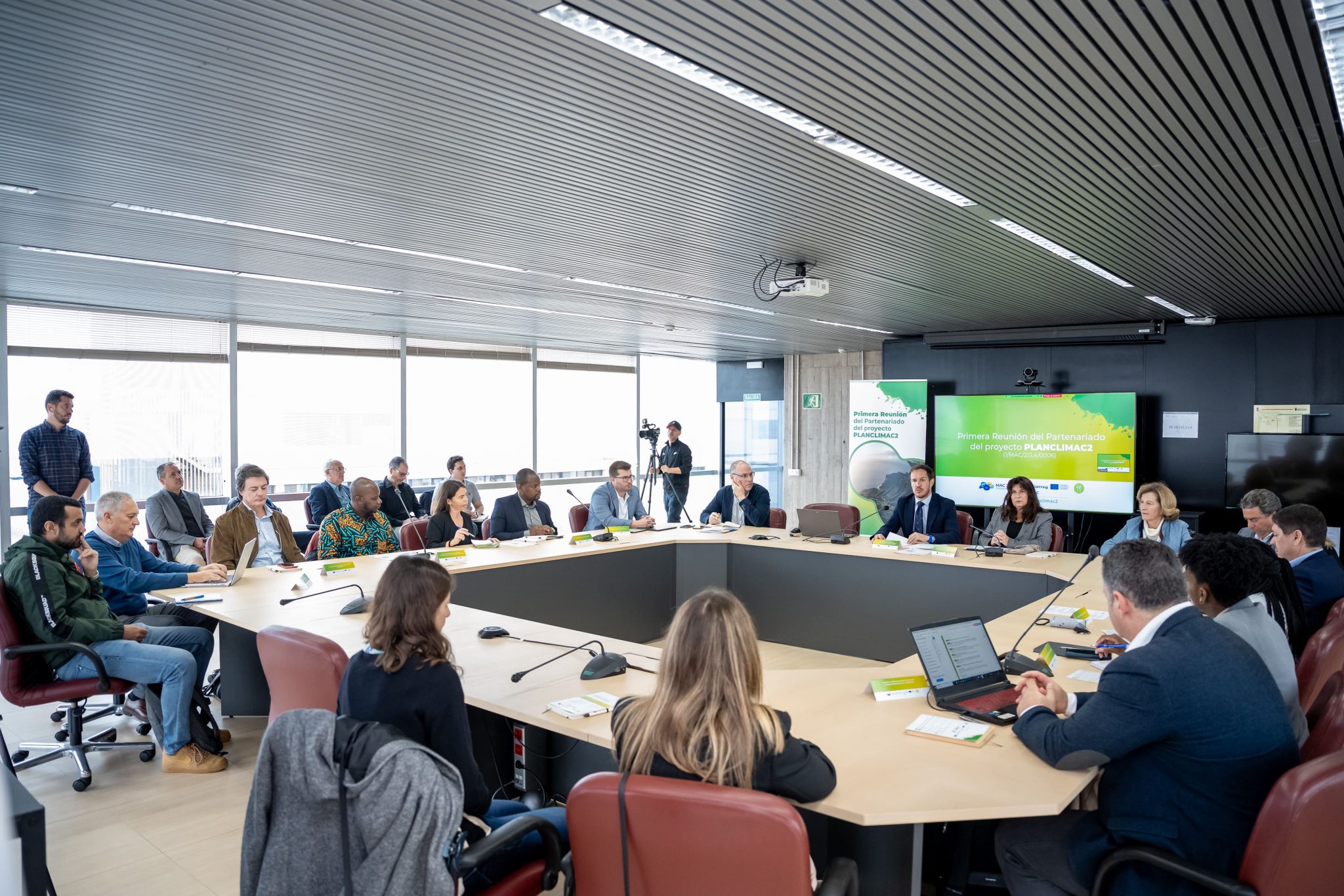The educational program of the Volcanological Institute of the Canary Islands (Involcan), with which ITER collaborates, seeks to inform and educate citizens about the different dangers associated with volcanic phenomena.
The educational program “Canary Islands: a volcanic window on the Atlantic” in its 2024 edition continues to bring volcanoes and volcanic risk management closer to the Canary Islands society.
This program promoted by the Volcanological Institute of the Canary Islands (INVOLCAN), with which ITER collaborates, will be present next week in the municipalities of San Cristobal de la Laguna in Tenerife and San Andres y Sauces in La Palma.
In La Laguna, it will take place on Tuesday March 5 and Wednesday March 6 from 6:00 p.m. at the Chapter House (former convent of St. Domingo) on Santo Domingo Street, 7. Meanwhile, in San Andrés y Sauces, it will take place on Monday March 4 and Tuesday March 5 from 7:00 p.m. at the Teatrino Casa del Quinto (C / Ramón y Cajal, 5).
Attendance is free and open to the general public, with a special recommendation to all persons involved in security and emergency operations, both professionals and volunteers, residing in the municipality.
The educational program “Canary Islands: a volcanic window in the Atlantic” was born in 2008 in response to the need to inform and educate the citizens living in the Canary Islands about the different dangers associated with volcanic phenomena and the actions to be taken to reduce volcanic risk. INVOLCAN has been carrying out this activity on a regular basis since 2008, but in addition, both the Special Plan for Civil Protection and Attention to Emergencies due to Volcanic Risk in the Autonomous Community of the Canary Islands (PEVOLCA) and the Island Action Plan for Volcanic Risk in Tenerife (PAIV-Tenerife) recommend the periodic (annual) execution of this type of educational programs for the citizens of the Canary Islands. The ultimate objective of this program is to contribute to making the Canary Islands a better informed and organized community in the face of volcanic risk, capable of responding effectively to volcanic hazards that may occur in a volcanically active archipelago.
The development of these educational activities in the islands of Tenerife and La Palma are partially possible thanks to the projects TFVolcano and LPVolcano, co-financed by the Instituto Tecnológico y de Energías Renovables (ITER) and the Councils of Tenerife and La Palma, respectively. As in previous editions, the Volcanological Society of Spain (SVE) and the Canary Association of Volcanology (ACANVOL), as well as the municipalities of Tenerife (31) and La Palma (14), which will host this educational program, will collaborate in this project.
Objectives and contents of the program:
The first day is intended to inform and educate attendees on (i) the different hazards associated with volcanic phenomena, (ii) the conceptual difference between the terms volcanic hazard and volcanic risk and (iii) the different actions recommended by the scientific community and international policy guidelines, through entities such as the International Association of Volcanology and Chemistry of the Earth’s Interior (IAVCEI) and the United Nations Educational, Scientific and Cultural Organization (UNESCO), for the reduction of volcanic risk.
On the second day, attendees will learn (i) if in the Canary Islands “scars or traces” of all the different hazards associated with the volcanic phenomenon can be identified, (ii) which area of the Canary Islands has the highest probability of experiencing future volcanic eruptions, (iii) the frequency of eruptive activity in the Canary Islands, (iv) what is meant by historical volcanism, (v) the damage caused by historical eruptions in the Canary Islands, (vi) the probability of possible and future volcanic eruptions in the Canary Islands, (vii) whether or not the volcanic risk is increasing in the Canary Islands, (viii) how the internationally recommended actions for volcanic risk reduction are being implemented in the Canary Islands, etc.


